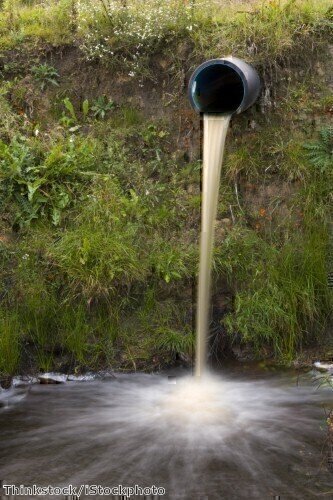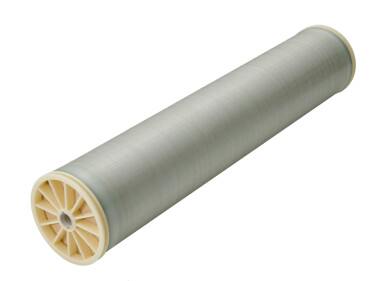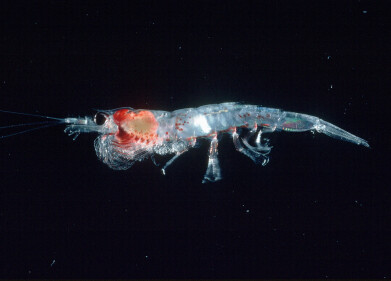-
 Recorded levels of radiation were above government limits
Recorded levels of radiation were above government limits
Water/Wastewater
Radioactive fracking contamination found in creek
Oct 03 2013
The first cases of radioactive contamination as a result of hydrofracking have been discovered in western Pennsylvania. Researchers from Duke University's Nicholas School of the Environment performed water quality testing downstream from a fracking wastewater treatment facility, finding that the water contained concentrations of salts, metals and radioactivity associated with hydrofracking.
While the plant in question performs treatment to remove the vast majority of metals from fracking wastewater, the researchers found that some metals were not being successfully removed. Bromides and chlorides were present in the downstream flow of the creek, as they had not been successfully removed from released water during treatment. These metal types were found to make up four-fifths of the total chloride flow of the creek.
According to Avner Vengosh, professor of geochemistry and water quality, the treatment of the hydraulic wastewater leads to the removal of most of the radioactivity. However, it fails to remove a number of other substances, such as bromide salts.
Mr Vengosh said: "When the high-bromide effluents are discharged to the stream, it increases the concentrations of bromide above the original background levels. This is significant because bromide increases the risks for formation of highly toxic disinfection byproducts in drinking water treatment facilities that are located downstream."
Not only were the metals, radioactivity and salts discovered downstream of the treatment facility, but the amounts that have built-up in the sediments of the creek exceed the government limits for the safe disposal of radioactive materials. The levels found would only be acceptable if the facility was licensed for radioactive disposal.
Doctor Nathaniel R Warner, Duke graduate and postdoctoral researcher at Dartmouth College, said: "While water contamination can be mitigated by treatment to a certain degree, our findings indicate that disposal of wastewater from both conventional and unconventional oil and gas operations has degraded the surface water and sediments."
The materials that have been released from the wastewater treatment facility and that have been allowed to build up in the river sediment could have an environmental impact for a number of years.
Events
Carrefour des Gestions Locales de L'eau
Jan 22 2025 Rennes, France
Jan 29 2025 Tokyo, Japan
Feb 05 2025 Nantes, France
Feb 16 2025 Kampala, Uganda
Feb 26 2025 Chennai, India



-as-feedstock.jpg)





